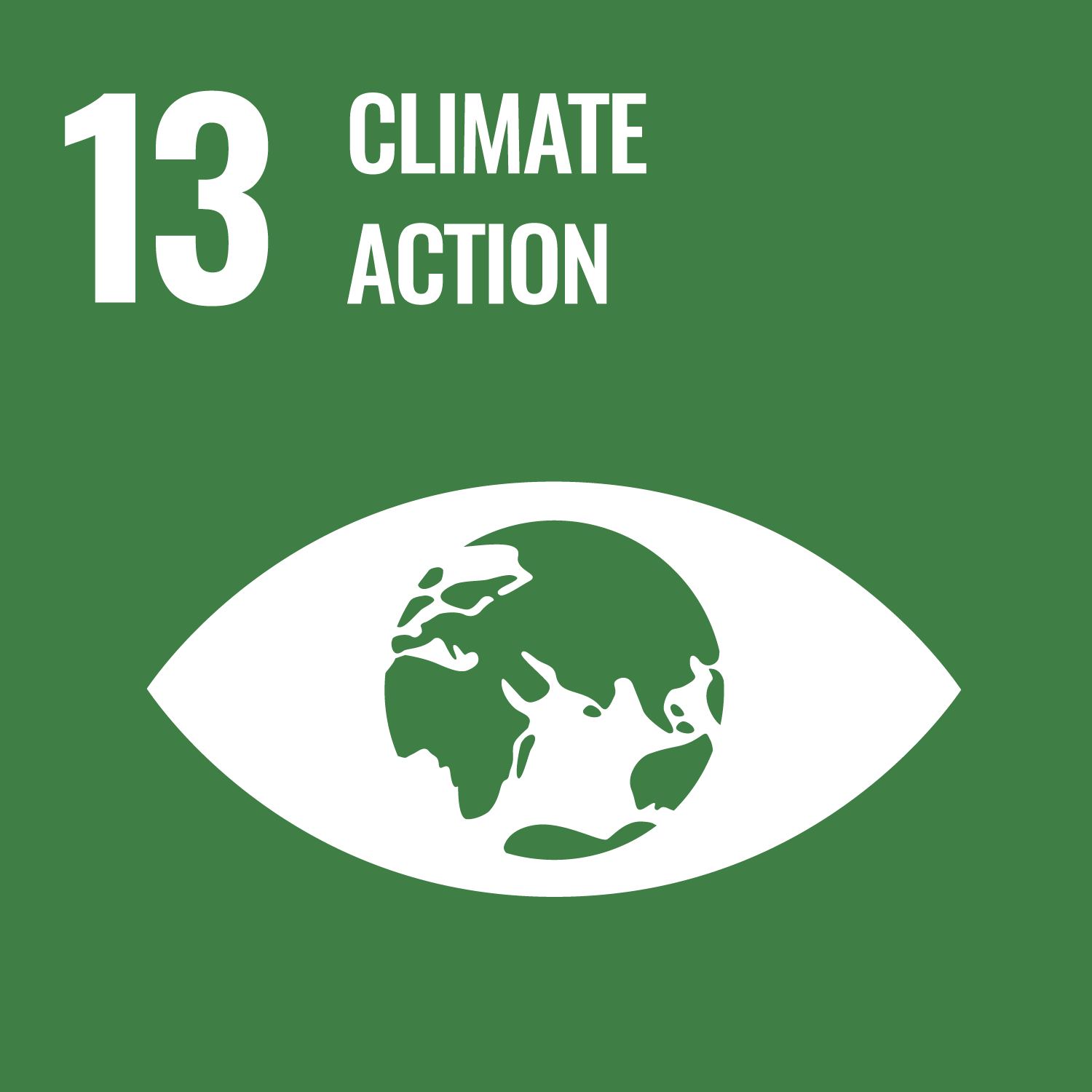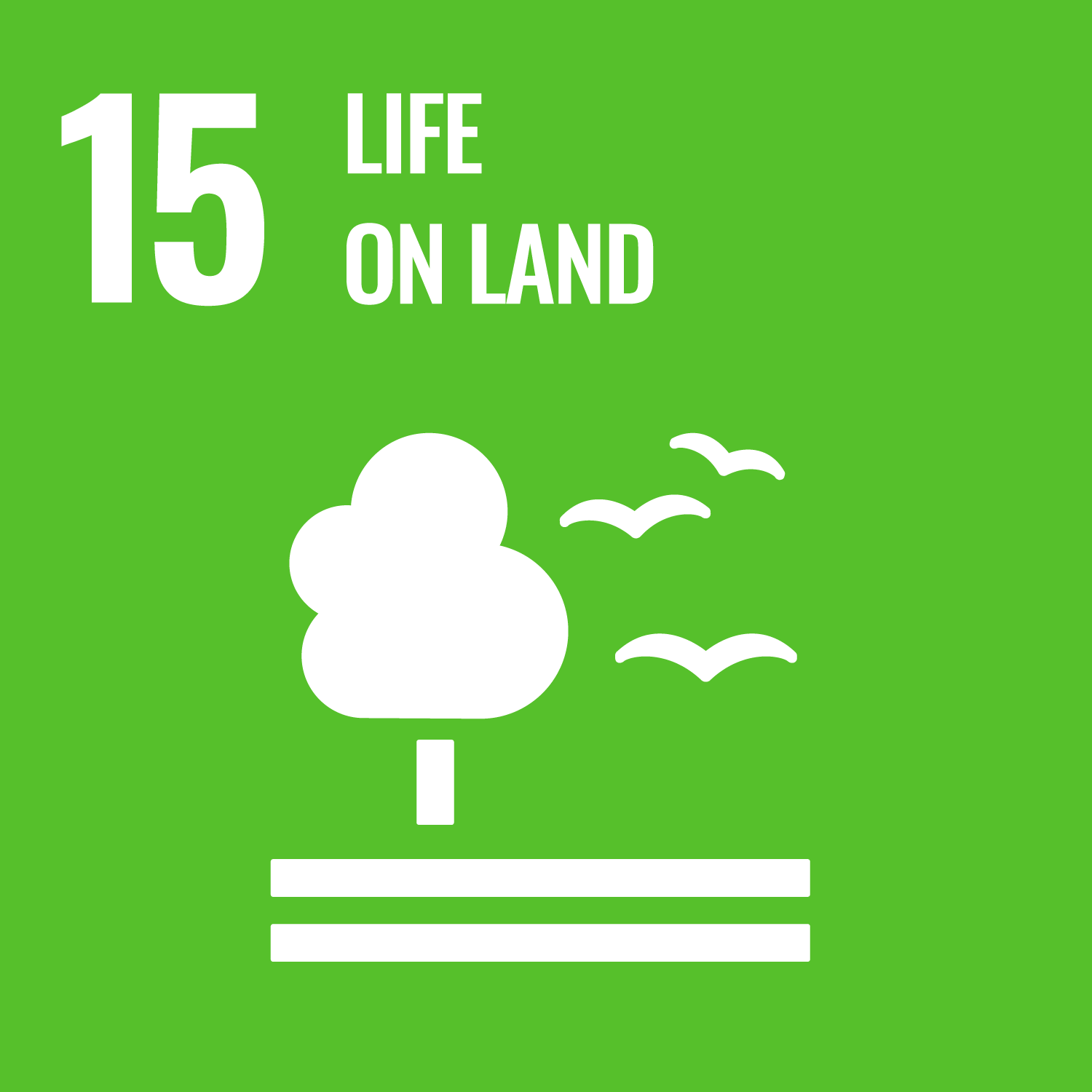ORCID
- Joanna L. Harris: 0000-0001-8684-9096
Abstract
Reef manta rays (Mobula alfredi) are one of the ocean's largest and most charismatic species. Pressure from targeted and bycatch fisheries coupled with their conservative life-history traits including slow growth, late maturity, and low fecundity has led to catastrophic declines of the global population. The species is now listed as Vulnerable to Extinction on IUCN Red List of Threatened Species. The global M. alfredi population is widely distributed in highly fragmented subpopulations. The Maldives supports the world's largest known subpopulation that undergoes seasonal migrations which are thought to be linked to peaks in ocean productivity induced by the South Asian Monsoon. Although the species is protected from targeted fisheries in the region, increasing pressures from habitat degradation and unsustainable tourism activities mean their effective conservation relies upon knowledge of the species' habitat use, seasonal distribution, and the environmental influences on such movements. Photo-ID sighting records collected between 2005 and 2017 were used to identify key aggregation sites throughout the archipelago, and multiple linear regression and prediction analysis identified the environmental variables affecting variations in the intra-annual sighting frequency of M. alfredi. Mobula alfredi were recorded at 273 different sites, 48 of which, with >100 sightings at each, were classified as key areas of habitat use. South-west monsoon winds and chlorophyll-a concentration predominantly affected the monthly percentage of M. alfredi sighted on the down-current side of the atolls. In a country where climate change and touristic pressure are increasingly threatening this species and its habitat, the identification of key areas of habitat use and temporal changes in the use of these sites highlight the areas that should be prioritized for protection enabling more effective conservation management.
DOI Link
Publication Date
2020-01-01
Publication Title
Aquatic Conservation: Marine and Freshwater Ecosystems
Volume
30
Issue
8
ISSN
1052-7613
Acceptance Date
2020-03-27
Embargo Period
2021-08-10
Creative Commons License

This work is licensed under a Creative Commons Attribution-NonCommercial-No Derivative Works 4.0 International License.
First Page
1649
Last Page
1664
Recommended Citation
Harris, J., McGregor, P., Oates, Y., & Stevens, G. (2020) 'Gone with the wind: Seasonal distribution and habitat use by the reef manta ray ( Mobula alfredi ) in the Maldives, implications for conservation', Aquatic Conservation: Marine and Freshwater Ecosystems, 30(8), pp. 1649-1664. Available at: 10.1002/aqc.3350




